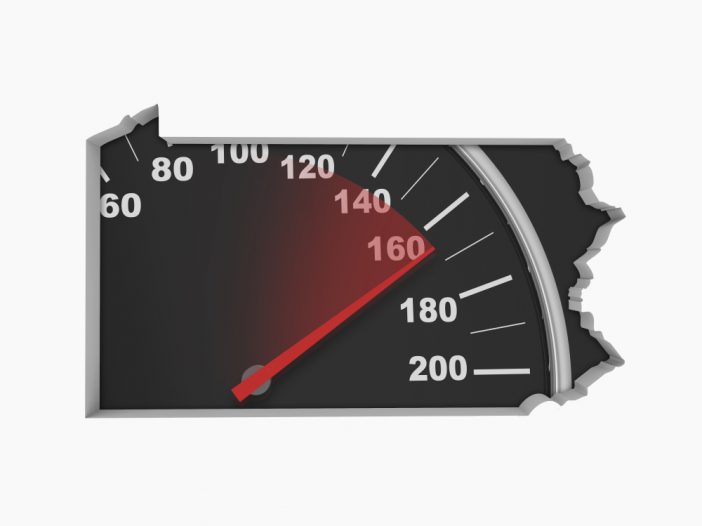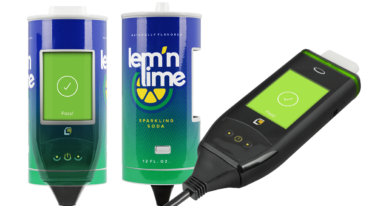
Over the last decade, increasingly more states have joined the ranks of members who have more stringent ignition interlock laws on the books. In an effort to protect the roads from drunk drivers and to reduce recidivism, there’s been a purposeful movement towards zero tolerance for first-time offenders. The success such laws have had in reducing drunk and impaired driving in early adopter states has opened eyes and encouraged others to join the movement. Now, it has made its way into Pennsylvania, which has ramifications on those living within the state.
Do you know about the new PA ignition interlock law? Find out everything you need to know and more here in our latest blog post!
What is an Ignition Interlock Device?
An ignition interlock device (IID), or car breathalyzer, is a special device that is installed in a person’s car to prevent them from drinking and driving. The ingenious device is a combination of two previous inventions:
- Breathalyzer – Measures the blood alcohol content in a person’s breath in order to determine whether or not they’re above the legal limit.
- Immobilizer – Attaches to the vehicle’s electrical and ignition system, rendering it inoperable unless the proper signal is received.
A person must blow into the IID prior to starting their vehicle. If the IID is able to detect almost any alcohol on the breath, it will stop the ignitor from turning over, thus preventing the car from running. Further, the device will require “rolling tests” to be performed while driving in order to prove that the driver is not under the influence.
New PA Ignition Interlock Law
In the past, requiring the installation of an IID device was typically left up to the presiding judge’s discretion. Unless the person was a repeat offender, the IID penalty was imposed on a subject basis, typically depending on several factors, such as:
- The driver’s blood alcohol concentration
- Whether anyone else was harmed by the inebriated driver
- Whether any property was damaged by the inebriated driver
- Whether any additional laws were broken
- The defendant’s prior criminal background
- Other mitigating circumstances.
That said, in 2017, the Pennsylvania Senate approved the DUI Bill HB 1357. This decision to change current DUI laws was unanimously approved. In it, the penalties for first-time Pennsylvania DUI offenders was amended wherein a convicted first-time DUI offender who has a blood alcohol concentration of .10 or higher will—in addition to upholding the normally imposed fines, fees, and penalties—be required to immediately install an ignition interlock device in their vehicle if they wish to drive.
“An Ignition Interlock requirement is imposed when an individual violates 75 Pa.C.S. Section 3802 (relating to driving under the influence of alcohol or controlled substance) and receives an operating privilege suspension, or has had their operating privilege suspended under 75 Pa.C.S. Section 1547 (relating to chemical testing to determine amount of alcohol or controlled substance) or 75 Pa.C.S. Section 3808(c)(relating to illegally operating a motor vehicle not equipped with Ignition Interlock).”
In addition, the Pennsylvania law also allows those convicted of a DUI to regain their driving privileges without having to serve the entirety of their license suspension. However, the only way they can do so is by applying for an Ignition Interlock Limited License.
PA Ignition Interlock Limited License
For most cases, if you want to drive after receiving a DUI conviction, you’ll likely have to apply for PA’s ignition interlock’s limited license. After applying for the restricted license, you must show that your vehicle is indeed outfitted with an ignition interlock device. That device must stay in the car for the duration of the limited license period.
To stay in compliance, you must take the following actions:
- Avoid device violations
- Pay all fines and fees associated with the device
- Attend mandatory recalibration services
Driving Safely in PA
Failure to comply with Pennsylvania ignition interlock laws can result in a host of unpleasant penalties including additional fines, jail time, and/or license suspension extensions. Therefore, if you’ve been guilty of a DUI in Pennsylvania, it’s crucial that you comply with the laws on the book and immediately seek out the services of an interlock provider. If you need help in that area, Low Cost Interlock is there to help you get back on the road and driving safely.
Reach out today and a professional service member will be happy to assist with any questions or needs you might have.
Sources:
Pennsylvania Department of Transportation. Ignition Interlock Fact Sheet. http://www.dot.state.pa.us/Public/DVSPubsForms/BDL/BDL%20Fact%20Sheets/fs-ii.pdf
Pennsylvania State Legislature. Driving After Imbibing Alcohol or Utilizing Drugs. https://www.legis.state.pa.us/WU01/LI/LI/CT/HTM/75/00.038..HTM
Pennsylvania DOT Driver and Vehicle Services. Ignition Interlock. https://www.dmv.pa.gov/Information-Centers/Suspensions/Pages/Ignition-Interlock.aspx


